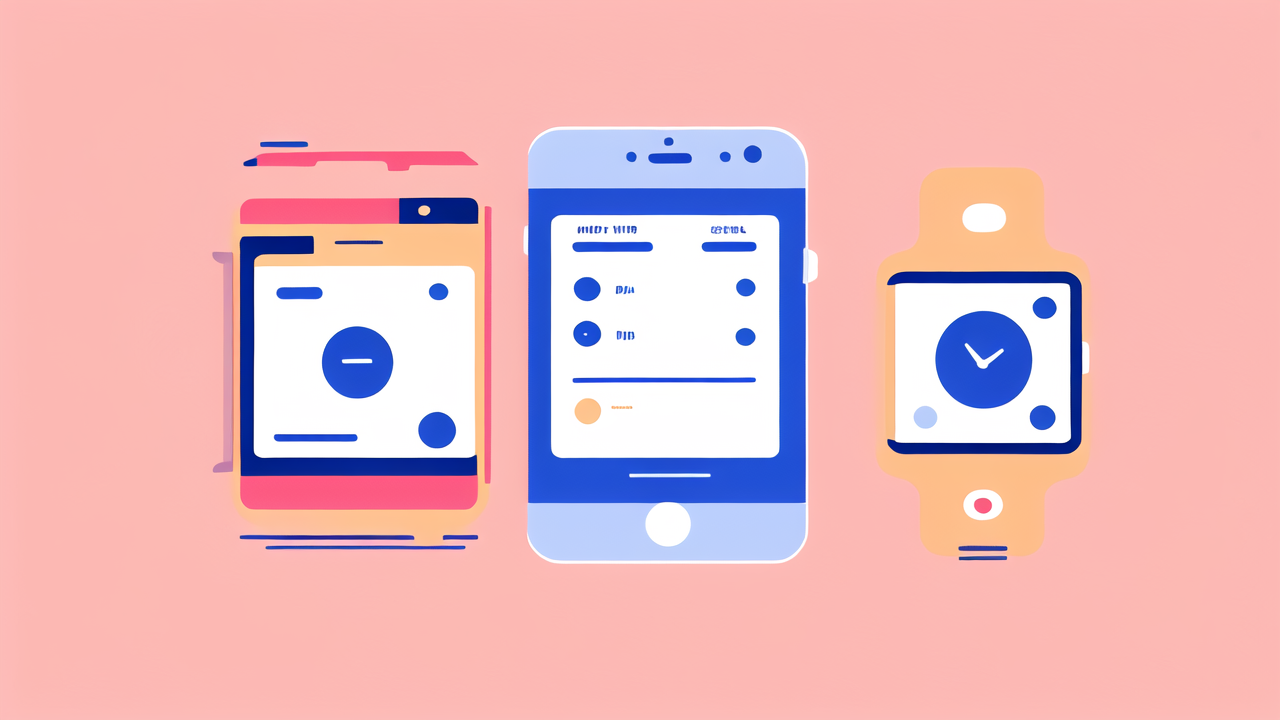The Evolution of Health Monitoring in Wearable Devices
The Origins of Smart Watches in Health Care
Smart watches have come a long way in health care. They started as simple fitness trackers. These devices could count steps and measure heart rate. Early models were basic but showed promise. They gave users a new way to track their health. As time went on, more features were added. This made smart watches more useful for health monitoring.

Technological Advancements in Smart Watches
Over time, smart watches got better. They now have more sensors and better software. This lets them track more health data. Some can measure blood oxygen levels and detect falls. Others can even take ECG readings. The processors in smart watches are faster now. This means they can do more complex health analysis. Battery life has also improved, letting users track their health for longer.
Health Monitor Features: From Fitness Tracking to AI
Smart watches now offer a wide range of health features. They still track steps and heart rate. But they can do much more. Many can monitor sleep patterns and stress levels. Some can track menstrual cycles. AI is now being used in smart watches. This helps to spot health issues early. For example, some watches can detect irregular heart rhythms. They can also give personalized health advice based on your data.
Key Considerations When Selecting a Health Monitor Smart Watch
Understanding the Importance of Accurate Health Data
Accurate health data is crucial when choosing a smart watch. The watch should give reliable readings. This is important for heart rate, step count, and sleep tracking. Some watches are more accurate than others. It's worth checking reviews and comparisons. Look for watches that have been tested against medical devices. Remember, even the best smart watches aren't medical devices. They can't replace regular check-ups with a doctor.

Assessing Compatibility with Existing Health Systems
When picking a smart watch, think about how it fits with your health systems. Can it sync data with your doctor's records? Does it work with your preferred health apps? Some watches work better with certain phones. For example, Apple Watches work best with iPhones. Android watches may work better with Android phones. Check if the watch can export data in useful formats. This can help you share information with healthcare providers.
Balancing Cost and Quality for Consumers
Smart watches come in a range of prices. Cheaper ones may have fewer features. But they can still be good for basic health tracking. More expensive watches often have more advanced features. These might include ECG or blood oxygen monitoring. Think about which features you really need. Sometimes, a mid-range watch can offer the best balance. Remember to factor in any subscription costs for advanced features.
The Future of Health Monitoring: Trends and Predictions
Innovations on the Horizon for Smart Watches
The future of smart watches looks exciting. We may see new sensors that can measure more health data. For example, some companies are working on glucose monitoring. This could help people with diabetes. Other potential features include blood pressure monitoring and hydration tracking. Smart watches might also get better at detecting specific health conditions. They could give early warnings for things like heart problems or infections.

The Role of AI and Machine Learning in Health Monitoring
AI and machine learning will play a big role in future smart watches. These technologies can spot patterns in health data. This could help predict health issues before they become serious. AI might give more personalized health advice. It could suggest lifestyle changes based on your specific data. Machine learning could also make watches better at understanding your normal patterns. This would help them spot when something is wrong.
Ethical Considerations and Privacy in Smart Watch Usage
As smart watches collect more health data, privacy becomes more important. Users need to know their data is safe. Companies must be clear about how they use and protect data. There are also ethical questions to consider. Should employers have access to employees' health data from smart watches? How can we ensure smart watches don't increase health inequalities? These are important issues to address as smart watches become more common in health care.




Leave a comment
This site is protected by hCaptcha and the hCaptcha Privacy Policy and Terms of Service apply.